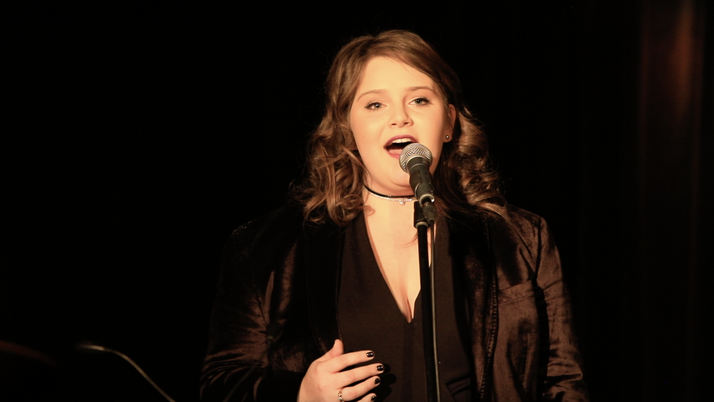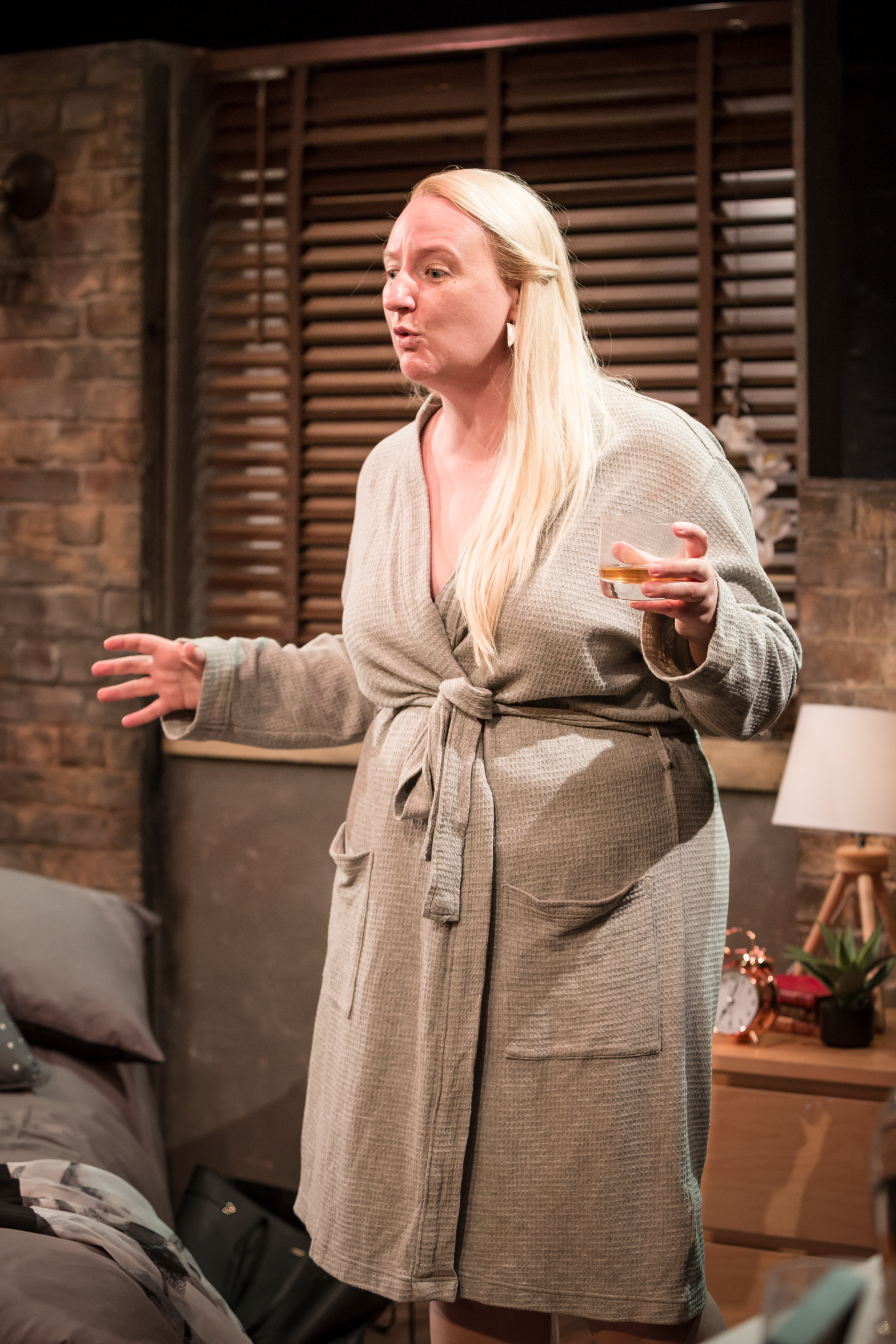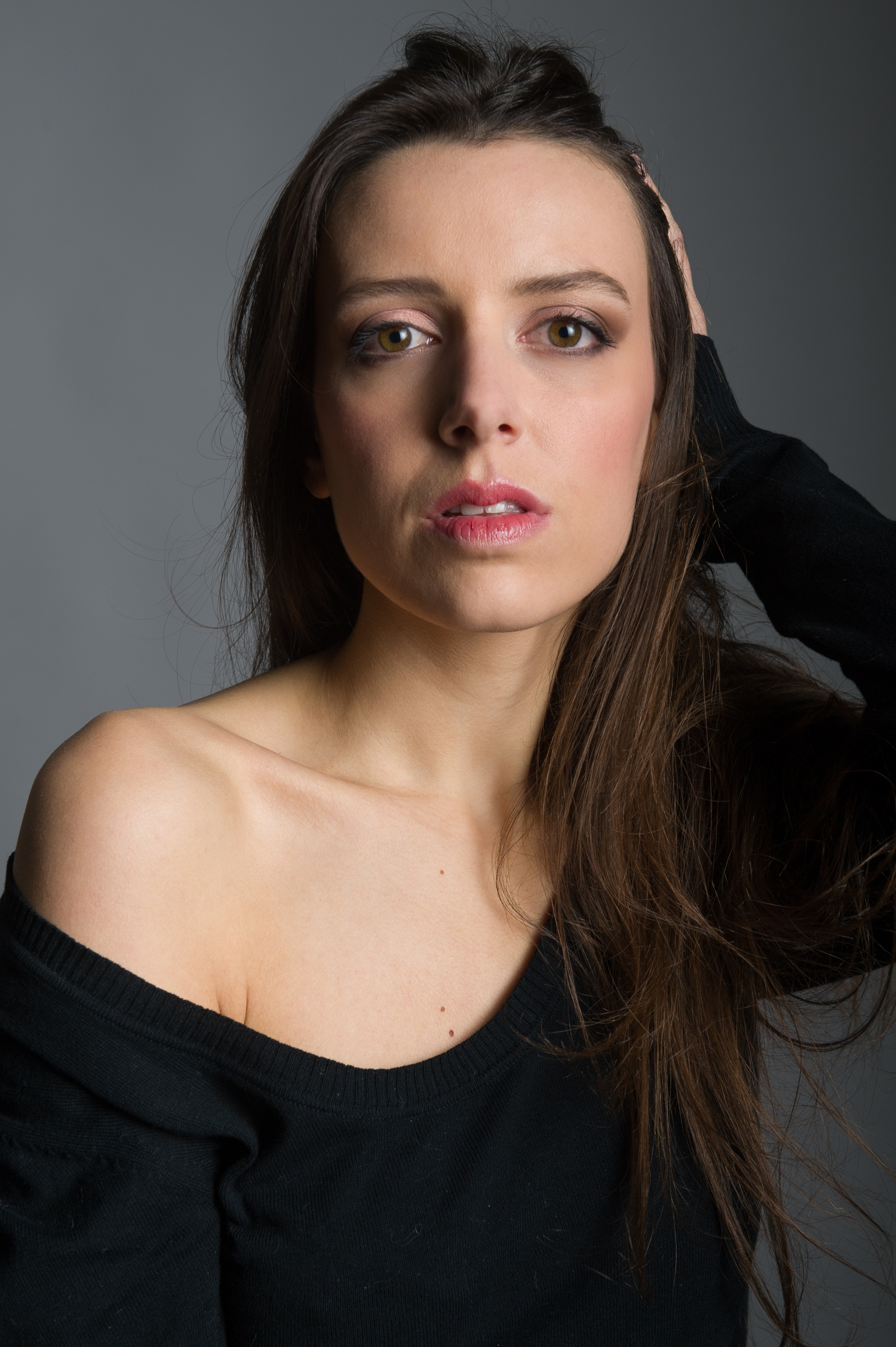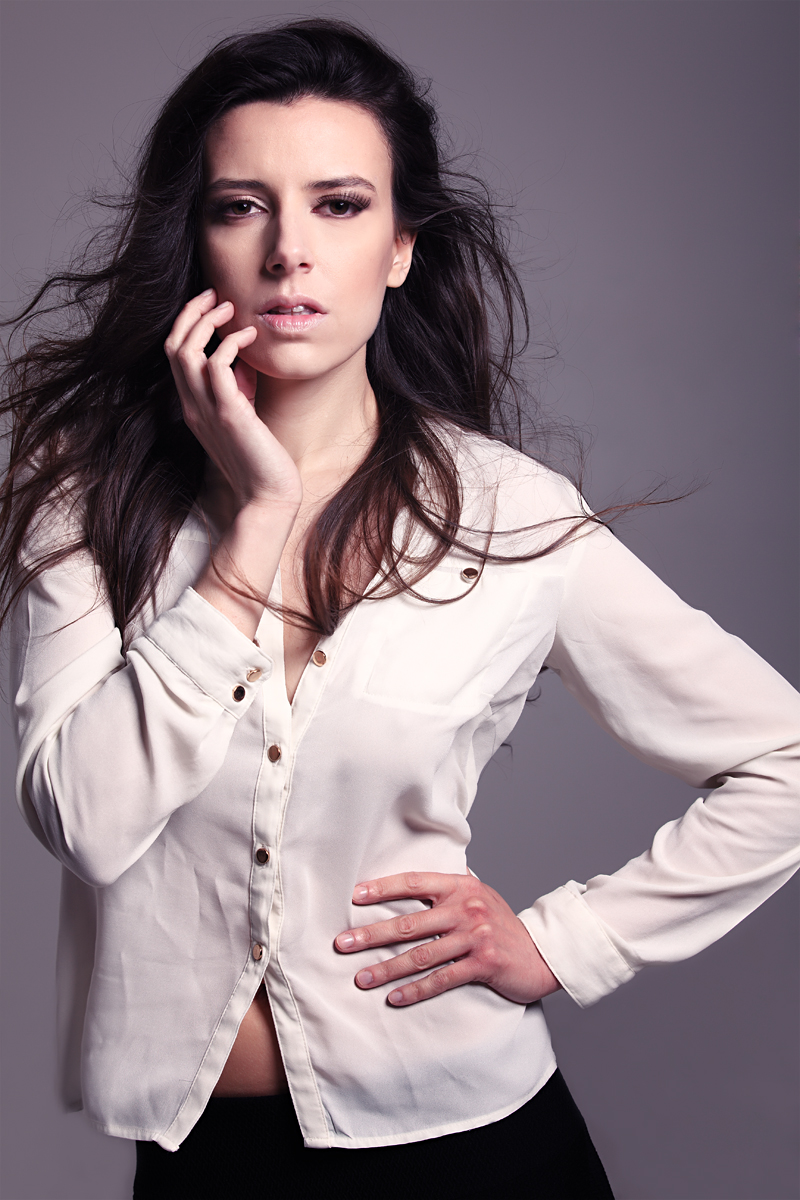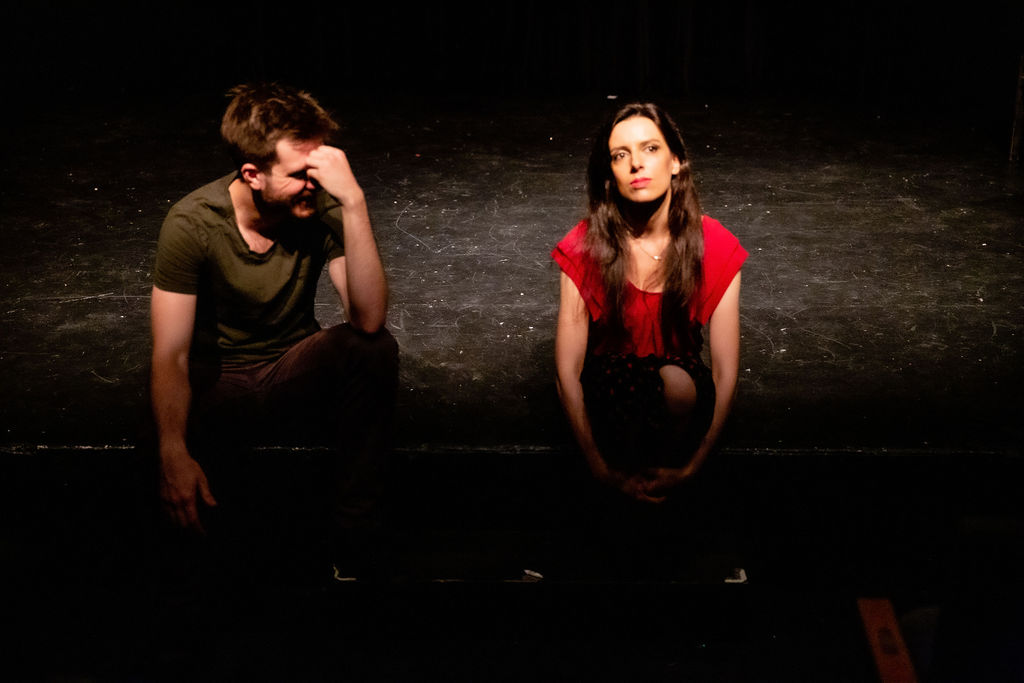By Harold Norman
Although still at the dawn of her career, Canadian-born actor-singer Rebecca Codas is already recognized as a world class entertainer. Her high-voltage vocals command audience attention, effortlessly drawing her listeners in as she explores the full emotional depth of a lyric. A natural born thriller, Codas’ flawless execution and interpretive manner of phrasing supercharges each individual syllable with rich, empathic warmth—rare and valuable qualities for any singer—and has allowed Codas to appear before sell-out crowds at her own solo cabaret shows in hometown Toronto.
In Codas’ case, this sweet gift manifested itself very early in life. Unfortunately, so too did a bevy of emotional issues that the child was ill-equipped to deal with.
“Around age 3, I started developing a lot of anxiety, depression, and obsessive-compulsive tendencies,” she said. “As a kid I didn’t know how to handle it. Years later I was diagnosed with ADHD which explains it all.”
Yet these bouts of malaise were invariably offset by forays into her youthful passion, music and songs. And she never missed a chance to take advantage of this, albeit no matter how awkward the scenario may have been.
“At my brother’s bris—I was 3 years old mind you—I stole the microphone from the Rabbi and started singing ‘If You’re Happy and You Know It,’” Codas said. “All of those [mental issues] melted away when I was on stage. Relative getting married? School concert need a singer? I’m your gal! My poor brother was forced into so many living-room plays, I think he was relieved when I finally started doing them outside of the house. My parents quickly realized this performer-train was leaving the station and they needed to board or watch me go without them.”
Codas immersed herself in all things related to theater, performing in elementary school musicals (she played the lead in Joseph & the Amazing Technicolor Dreamcoat), gained valuable experience with the Toronto Youth Theatre, devoted 5 full summers to the Performing Arts Project, a theatrical training program where she enjoyed invaluable collaborations with some of Canada’s leading stage and film actors. At 16, she boldly entered CBC network’s reality TV talent competition Over the Rainbow, competing against over a thousand others for the role of Dorothy in a planned production of Sir Andrew Lloyd Webber’s musical adaptation of The Wizard of Oz. Despite the tremendous pressure, Codas joyously rose to challenge and made it into the top twenty finalists. The final step was study at the world-famous William Esper Studio, a distinguished NYC school dedicated to the groundbreaking behavioral-based post-Method Meisner technique. There, Codas, through intensive study of virtually aspect of theater, put the finishing touches on her deep well of stagecraft.
Returning to Toronto, she began preparing for a permanent relocation to New York and came across a golden opportunity for an onstage farewell—the offer to present an evening of solo cabaret at beloved venue Hugh’s Room, an intimate performance space known both for its great acoustics and attentive audiences.
“In Toronto, I’d always been known as a kid obsessed with movie musicals,” Codas said. “But this was my opportunity to introduce my whole self. I sorted the stories from my experiences as a kid going through those mental health struggles. The whole show was about how I came to be who I am and finally releasing all of that—I almost felt like I should’ve credited my psychologist in the show’s program.”
She assembled a team of her most talented musical friends and began to craft the evening’s flow through song selection and sequence.
“I collaborated with my friend, Broadway conductor Madeline Benson (née Smith) who flew in from New York to be my music director,” Codas said. “We’d formed a great bond and friendship years ago at the Performing Arts Project, and I knew there was no one else I’d want to do this with.”
Madeline, a music director, arranger, conductor, and instrumentalist based in New York, had made history in 2016 as the youngest woman to conduct on Broadway when she served as in that capacity for the hit show Waitress. Others drafted to participate included performer Paris Martino and the ensemble of Cameron Fox-Revett, Laila Kharouba and Allister MacDonald, but Codas sang the majority of the program’s 17 songs.
Shrewdly assembled for both maximum entertainment value and sheer emotional impact, it was an intimate set of Broadway and pop tunes from such diverse sources as Bonnie Raitt, Pink and Beyonce, along with a handful of her Toronto colleague’s fine original compositions. Taken together, they represented a unique, symbolic retrospective of Codas’ own spectrum of artistic and personal experience. As the evening approached, her excitement mounted. Every seat in the hose had sold out in advance, and finally it was upon her.
“There’s nothing like the relationship between a singer and her musicians performing together,” she said. “And there’s nothing the relationship between a singer and their audience—they share an unbreakable bond that can’t be recreated anywhere else. You’ll never have the same show twice, how exciting and terrifying is that? The amount work it takes to get to that moment is astounding. But when that moment comes, and you take a deep breath, and you forget all of the work, and just sing.”
The crowd loved it, as did her collaborators, “Performing alongside Rebecca Codas in her cabaret show was a highlight of my career,” Martino said. “Watching a true-talent doing what she was born to do inspires me as I continue my own journey in the entertainment industry.”
Codas had the time of her life that night and it was such an overall success that popular demand led to a second cabaret presentation the following year—one that sold out even faster than the first. Codas, in a sense, came full circle, finally shrugging off the internal discord of her childhood and embracing her fast-rising professional reputation as an exceptional actor-singer in New York. For Codas, the best is yet to come.
“In the past, at times, I’ve been terrified that I would fail,” she said. “Terrified that my fear and mental health struggles would win. But I pushed. The show was a phenomenal experience that I’ll never forget, and it did wonders for my confidence in my abilities. I loved every minute of it! And I am incredibly proud of myself for doing so. Now I know I have the strength to try. Here I am!”


